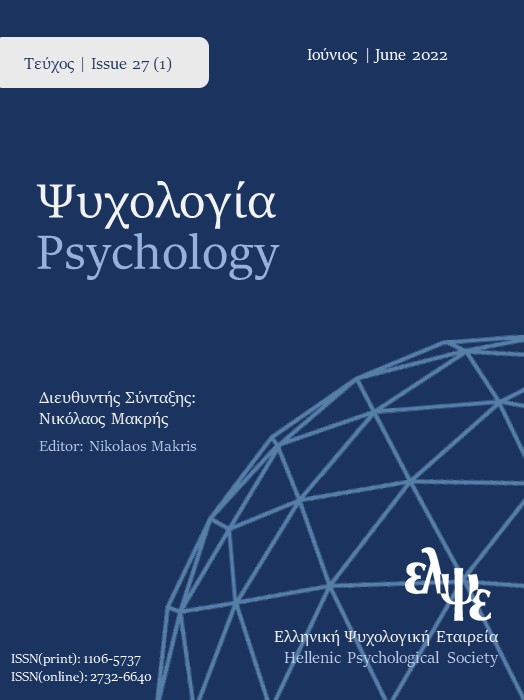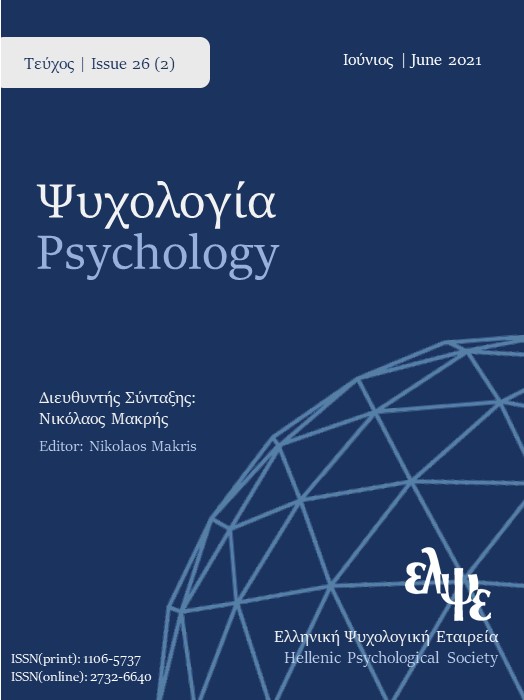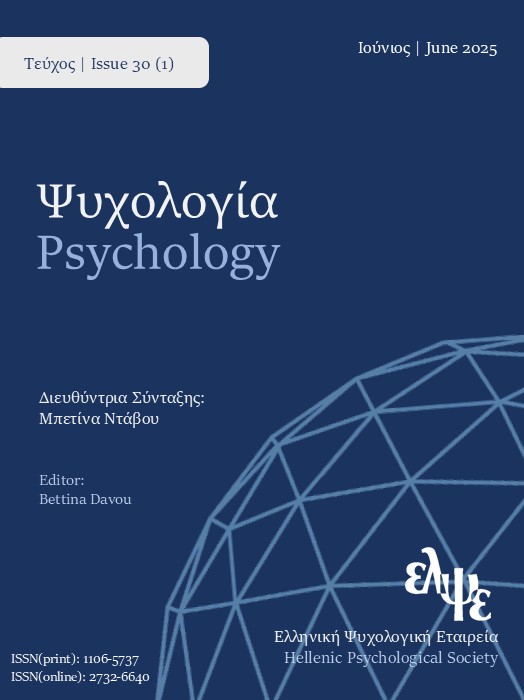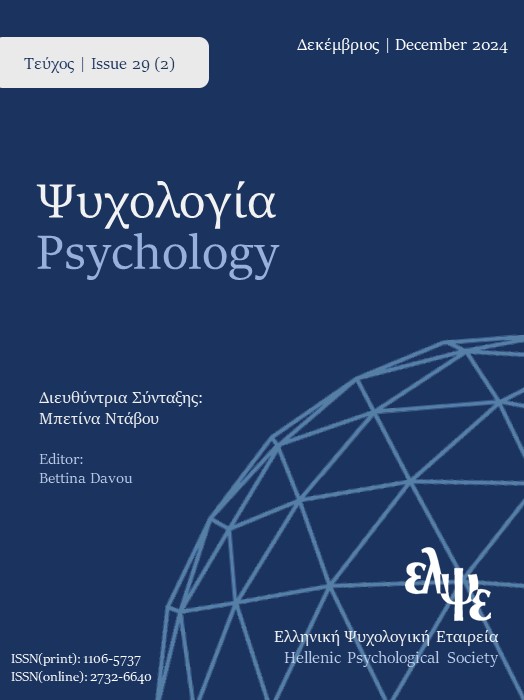The discourse of resistance against spoken sexism
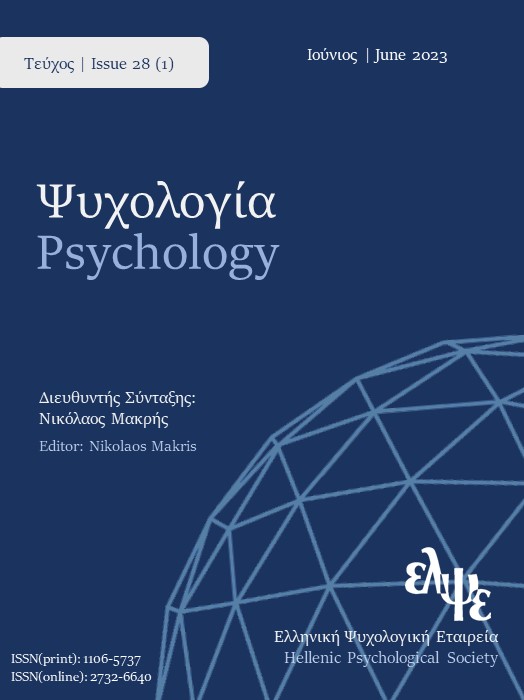
Abstract
Spoken sexism, which remains up to this day a heavily understudied phenomenon, contributes incessantly to the preservation of patriarchy while reinforcing misogyny and sex-based oppression. The present paper focuses on how women discursively construct sexist comments as a cause for reaction, drawing upon a discourse of resistance, while sculpting a combative subject position. The 30 women who participated in the study took part voluntarily in individual semi-structured interviews, in order to share their views and experiences in relation to spoken sexism. For the analyses of the material, post-structuralism was taken as epistemological approach, while a Foucauldian discourse analysis (FDA) was used for the portrayal of the discourses. Due to the gendered nature of the subject under discussion and in acknowledgement that spoken sexism is discursively constructed within patriarchal structures of power, a feminist perspective was upheld in relation to the interpretation and discussion of the results. The findings reveal not only the resilient nature of sex-based oppression but also an increase in awareness as well as responsibility regarding the issue of spoken sexism.
Article Details
- How to Cite
-
Flouli, A., & Athanasiades, C. (2023). The discourse of resistance against spoken sexism. Psychology: The Journal of the Hellenic Psychological Society, 28(1), 48–62. https://doi.org/10.12681/psy_hps.34687
- Section
- SPECIAL SECTION

This work is licensed under a Creative Commons Attribution-ShareAlike 4.0 International License.
The journal PSYCHOLOGY adopts a Platinum open-access policy. Submission, processing or publication costs are waived by the Hellenic Psychological Society. Papers published in the journal PSYCHOLOGY are licensed under a 'Creative Commons Attribution-ShareAlike 4.0 International' licence. The authors reserve the copyright of their work and grant the journal the right of its first publication. Third-party licensees are allowed to use the published paper immediately after publication as they wish, provided they retain the defined by the license copyright formalities, regarding the reference to its author(s) and its initial publication in the journal PSYCHOLOGY. Moreover, any adjusted work should be shared under the same reuse rights, so with the same CC license.



